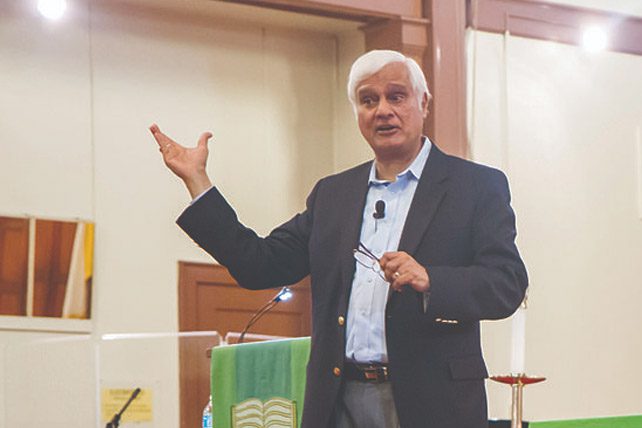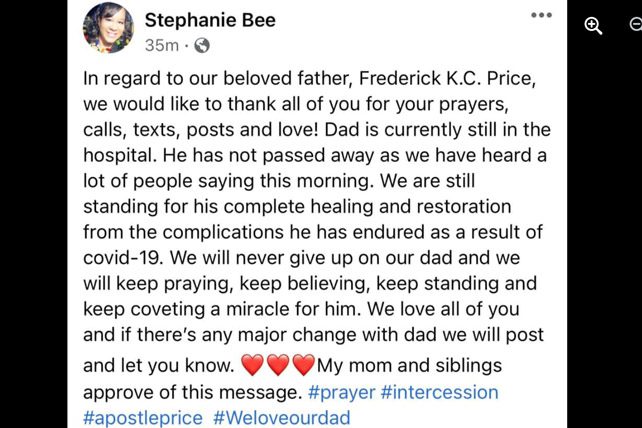There are generally 3 types of parents and parenting styles? You can learn more about it from a parenting guide e book.
While most parents are doing the best they can with what they know, many parents are doing one or the other – either over-parenting their children or under-parenting them. They’re either going overboard by doing too much and being too hard, or they’re dropping the ball by doing too little and being too easy on their kids.
Here are 3 main types of parents that will help you to understand the difference. Which one best describes you?
1. AUTHORITARIAN: Those who are Over-Parenting
An authoritarian parent is one who is rarely willing to trust their kids or give them opportunities to earn trust. They simply state that “These are the rules, and you will follow them… Because I said so!” They don’t allow their kids to ask any questions about the rules.
Anytime their child asks “Why?” they are scolded, but never informed. They don’t allow their kids to think through scenarios for themselves to come up with solutions to problems. They simply demand that this is how you will think, believe and behave. And they mistakenly think that by doing this, they can ultimately control what their children believe and become. But this is a faulty parenting philosophy.
How many times have we seen this story unfold and the authoritarian parent raises a rebel? And not always because they were simply too strict on their child (because most parents are not strict enough), but often because they didn’t balance out their expectations with love and grace. They over-parented as if God entrusted them with the role of being a military sergeant, rather than a life-coach and mentor to their children.
The authoritarian parent is generally low in love and high in discipline.
Note: This is often a parenting approach that many adults brought up in strict Christian homes were raised under themselves, where they believed what they were told to believe, and behaved as they were told to behave. Period.
2. PERMISSIVE: Those who are Under-Parenting
A permissive parent is one who goes to the opposite extreme as the authoritarian parent. They end up trusting their kids too much, and they assume the best of them in every situation. Their mindset is that “my kid would never do that”, and as a result, they are very naive and overly permissive, even to the point of often being taken advantage of by their children, sometimes knowingly, and other times unknowingly.
They allow their kids too much freedom, failing to hold them as accountable as they should for their behavior, their words, their actions, their friends, and their online activity, etc. Because this parent has convinced themselves that their own parents were too hard on them, or that their child would never do certain things, they go to the opposite extreme of the authoritarian parent by allowing far too much grace and trust.
I am a huge proponent of grace-based parenting, but even that can be taken to a dangerous extreme if we’re not careful, to where we are giving the enemy a foothold in our children’s lives by loosening our grip and allowing our kids to make choices that they were never intended to make alone. The permissive parent is often a parent who makes excuses for their child or who gives their kids multiple warnings but very rarely if ever disciplines them.
The permissive parent has many excuses for why they aren’t harder on their kids, yet many sometimes obvious reasons to others why they should be. The danger to this parenting approach is that it ultimately decreases respect and increases entitlement.
The permissive parent is generally high in love and low in discipline.
Note: This is often the parenting approach that many adults who were raised in authoritarian homes revert to because they go to the opposite extreme as their parents, not realizing there can be a dangerous ditch on both sides. Sadly, they often have a tendency to ‘throw the baby out with the bathwater’ by forsaking many biblical parenting principles along the way.
3. AUTHORITATIVE: Balanced & Biblical Parenting
An authoritative parent is one who is neither an authoritarian or permissive parent. They are balanced in their clear expectations of their children, as well as in the clear and consistent consequences if those expectations are not met. And both those expectations and consequences are carried out with love and support. An authoritative parent is confident in their God-given role, where they do not fear their children or allow themselves to be controlled or manipulated by their feelings.
This is a parent who has a forward-thinking game-plan of what they want to see 5, 10, even 15 years from now in their children, and they have principles in place to ensure that with God’s help, they will arrive at their destination.
The authoritative parent is not afraid to put their foot down but is also not intimidated by their children asking questions about their faith, their rules, and their reasons. An authoritative parent doesn’t expect perfection of their children or for them to be cookie-cutter duplicates of themselves, but intentionally helps their child through the process of knowing and pursuing and possessing what they believe, and who God specifically created them to be.
An authoritative parent is not afraid of the failures of past generations, and not willing to buy into the culture’s lie of permissive parenting that pervades our society today. They are intentional, engaged, and aware, understanding that God has called them to simply steward these lives faithfully. And while their children have a healthy understanding of their parent’s authority, it is balanced with a strong and close relationship with them as well.
The authoritative parent is high in love and high in discipline.
While previous generations of parents may have leaned towards authoritarian parenting, and while the current generation of parents leans towards permissive parenting, may we as Christian parents understand God’s imperative calling upon our lives to raise a generation, not upon our feelings, but upon our faith – upon balanced and biblical principles that are promised to work!
Proverbs 22:6 Train up a child in the way he should go: and when he is old, he will not depart from it.
Proverbs 29:17 Correct thy son, and he shall give thee rest; yea, he shall give delight unto thy soul.
Proverbs 23:26 My son, give me thine heart, and let thine eyes observe my ways.
This article originally appeared here.















